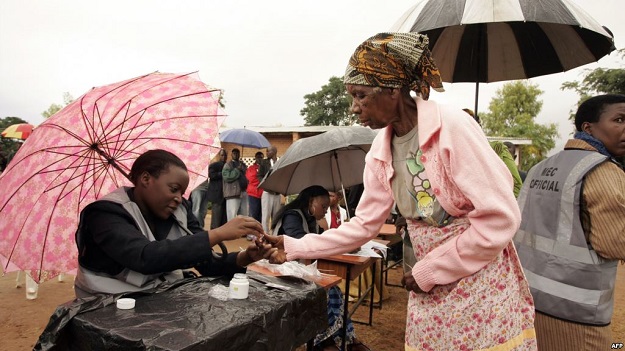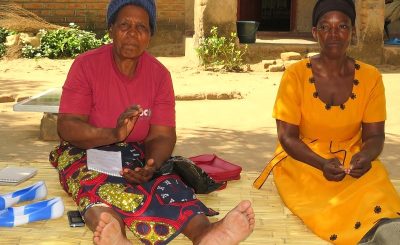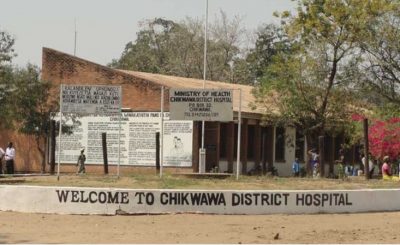July, marks the beginning of each Malawi Government financial year whereby the Minister of Finance presents the annual budget statement in Parliament that reveals enlightens government plans on how it is going to handle the country’s revenues and expenditures.
The purpose of the budget is to cater the needs of the citizens with services that are meant to promote their welfare. Such services include health, education, and entertainment, just to mention but a few.
Since the budget needs to represent the needs of the citizens, then there is need for the same citizens to participate in the budgetary process, beginning from the execution to the implementation.
But a recent conference which was held at the Chancellor College Great Hall in Zomba, by the Catholic Education Commission, indicated that most people including students from the higher learning institutions do not understand issues surrounding the budget and do not take part in the budgetary process.
Amoni Mluwira, part-time lecture in Local Government and Public Finance at the Chancellor College, who was one of the facilitators, said a lot needs to be done.
“Most people just hear that the budget has been passed but literally they don’t know the process in terms of formulation and implementation,” said Mluwira.
Another facilitator, Mike Mervin Banda, who is the Southern Region Coordinator for Malawi Economic Justice Network (MEJN), said the policy framework of the national budget provides a process of thorough consultation between the authorities and their subjects but the process is not being done.
“The budget is for the people and those people are mandated to take part in all the processes associated with the budget. Even if we say the minister of finance is consulting, but we have to look at the class of people being consulted. Do these people really seek the views of those voiceless at the local level to be incorporated in the budget? Definitely the answer is no,” he said.
Centre for Development of People (CEDEP) Executive Director, Gift Trapence faulted the consultation initiative saying the processes only involve the people at the budget formulation stage, but when it comes to implementation they are left out.
Despite many stakeholders expressing dissatisfaction on the political will to bring the budget close to the people, ministry of finance spokesperson, David Sado, insist that the budget document represents the true picture of people’s needs.
“Our assumption is that the groups of people that we engage during the consultative meetings do represent the people at local level and we believe that these stake holders are the ears and eyes of the people. We cannot reach each and every citizen. But so far we are satisfied with the development,” said Sado.
More than 80% of Malawi’s population is based in the rural areas but is not reached by the ministry of finance during budget consultative meetings.





